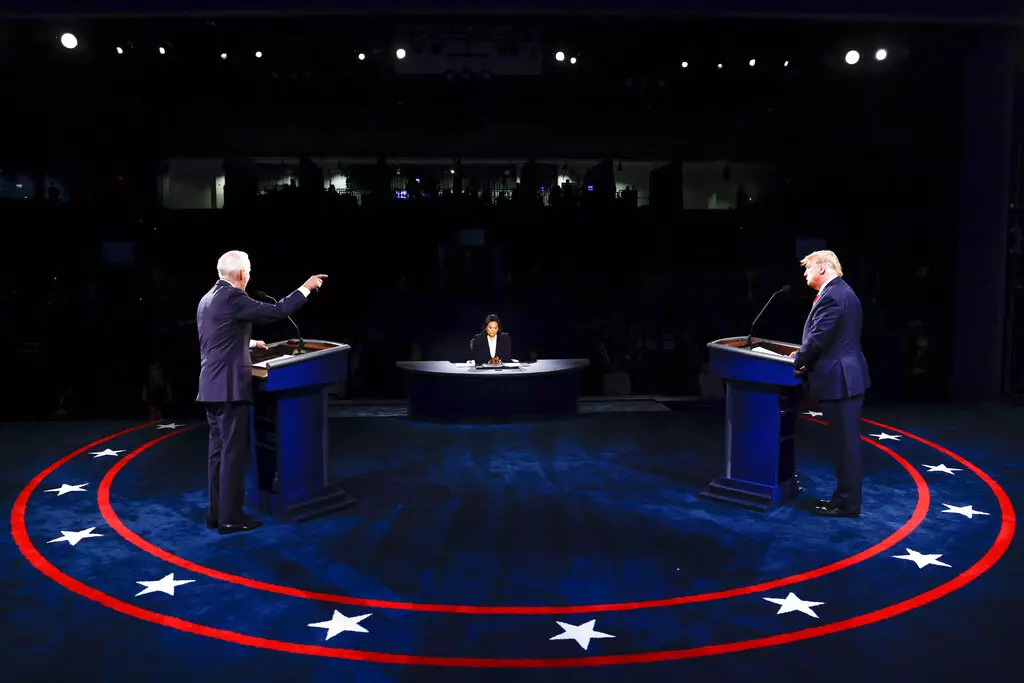In the realm of American politics, presidential debates hold a significant amount of importance. These debates serve as a platform for candidates to present their policies, ideas, and vision for the future directly to the American people. It allows voters to assess and compare the capabilities and competence of potential leaders, ultimately aiding them in making an informed decision on election day.
The Current Situation
As the 2024 presidential election approaches, there is a looming uncertainty regarding whether the incumbent, President Joe Biden, will engage in debates with his predecessor, Donald Trump. The reluctance of President Biden to commit to these debates has raised concerns among various news organizations, urging both candidates to publicly commit to participating in general election debates. The absence of direct debates between the Republican and Democratic presidential candidates has not been witnessed since the historical showdown between Richard Nixon and George McGovern in 1972.
In recent years, the nature of presidential debates has evolved, reflecting the changing media landscape and communication trends. While traditional network news broadcasts have historically been the primary platform for debates, candidates are now also leveraging local, regional, and social media channels to connect with voters. President Biden’s strategic shift towards utilizing diverse media platforms to reach a broader audience underscores the evolving dynamics of political communication in the digital age.
Challenges and Concerns
One of the key challenges in ensuring the success of presidential debates lies in upholding the integrity of the process. The Commission on Presidential Debates plays a crucial role in establishing guidelines and rules for the debates, aiming to maintain fairness and decorum throughout the proceedings. However, past experiences have highlighted instances where candidates, such as Donald Trump, have deviated from the agreed-upon formats and rules, raising doubts about the effectiveness of the Commission in enforcing its regulations.
The historical precedents of presidential debates underscore the significance of these events in shaping public opinion and influencing electoral outcomes. From the iconic Kennedy-Nixon debates of 1960 to the contentious Trump-Clinton showdown of 2016, each debate has had a lasting impact on the political landscape. The decision of candidates to participate or abstain from debates, as seen in the cases of Nixon in 1968 and 1972 and Johnson in 1964, can have far-reaching implications for their electoral prospects.
The Way Forward
As the debate over debates continues to unfold, it is essential for candidates and the broader political community to recognize the importance of engaging in meaningful and substantive discussions on critical issues. By committing to participate in debates and upholding the principles of transparency and accountability, candidates can effectively demonstrate their readiness to lead and govern. Ultimately, presidential debates serve as a litmus test for candidates, gauging their ability to communicate effectively, engage with diverse audiences, and address the pressing challenges facing the nation.
While the prospect of debates between President Biden and Donald Trump remains uncertain, the underlying significance of these events in the electoral process cannot be understated. By embracing debates as a fundamental component of election campaigns, candidates can foster a more informed and engaged electorate, thereby strengthening the democratic fabric of the nation. As the 2024 election unfolds, the outcome of debates, or lack thereof, may indeed shape the course of American politics for years to come.

